Description
ICH4801 Assignment 4 Memo | Due 2025. All questions fully answered. SECTION A: HISTORY OF EDUCATION [50] Question 1 Section A is based on the given extract from chapter 2 of the prescribed textbook (Seroto, Davids & Wolhuter 2020). Read the extract and then answer the questions that follow. Geographical focus of research and of authorship Scholars, analysts, progressive scholars and academics in all education sciences and beyond, have expressed concern that the corpus of scholarly publications is dominated by researchers in the global world and that their focus is lopsided in favour of the Global North or themes favoured by the interests of the Global North. In a content analysis of articles published in the first 50 years of the top journal in the field of Comparative and International Education, the Comparative Education Review, Wolhuter (2008:330-331) found that countries of the Global North dominate the geographical focus of research. In addition, where countries of the Global South are the subject of research, it is dominated by researchers from the Global North (cf Wolhuter, 2018). Of the 18 523 articles published in the total pool of Thomson-Reuters indexed education journals for the year 2012, a mere 2.13% were authored by scholars in Africa (ibid). Depaepe and Simon (1996) do not include the geographical terrain of articles in their research but do provide an interesting analysis of author provenance. For the articles published during 1961 to 1989 in Paedagogica Historica, the rank-order of national provenance of authors is illustrated in table 2.2. The pattern for the period 1990 to 1995 does not differ much. However, in this period, the Global South fares worse with 1.6% of all authors (South Africa: 0.8% and Zaire: 0.8%) as shown in table 2.3.
Assignment 04
Comparative and International Education
Due date:
Unique assignment number:
ICH4801/101/0/2025
37
Table 2.2 National provenance of authors published in rank order, 1961 to 1989 National provenance of authors (Global North) 1961 to 1989 1. Germany: 22.7%; 2. US: 21.5%; 3. UK: 10.6%; 4. France: 7.4%; 5. Belgium: 6.5% National provenance of authors (Global South) 1961 to 1989 1. India: 1.2%; 2. Malaysia: 1.2%; 3. Nigeria: 0.6%; 4. Sri Lanka: 0.6%; 5. Argentina: 0.3%; 6. Oman: 0.3%; 7. Pakistan: 0.3%; 8. South Africa: 0.3%; 9. Thailand: 0.3%; 10. Zimbabwe: 0.3% (Source: Depaepe & Simon, 1996:426) Table 2.3 National provenance of authors published in rank order, 1990 to 1995 National provenance of authors (Global North) 1990 to 1995 1. Netherlands: 20.2%; 2. Germany: 17.8%; 3. Belgium: 14.0%; 4 France: 10.1%; 5. US: 7.0% National provenance of authors (Global South) 1990 to 1995 1. Only 1.6% of all authors in the Global South; 2. South Africa: 0.8%; 3. Former Zaire: 0.8% (Source: Depaepe & Simon, 1996) Freeman and Kirke (2017) deal with geographical foci in their analysis, although the limitation of their study is that it covers English medium journals only. Freeman and Kirke (2017:830) found that in geographical coverage, throughout the period 1952 to 2016, England and Great Britain dominated as geographical terrain of study. During the decade 1980 to 1989, 43.9% of all published articles dealt with England and Great Britain; in 2016, 25.7% of all published articles focused on England and Great Britain. While colonialism and colonial education policy remain an area of interest in the field, as do race and ethnicity, two provisos should be mentioned. On the second (race and ethnicity), research has been spurred by events in the Global North and is dominated by the Global North as terrain. These events include the 1960 Civil Rights Movement in the United States of America, the school desegregation movement in the same country, right up to the #BlackLivesMatter movement in the USA and the immigration patterns and increasingly multicultural composition of the population of the United Kingdom (UK). In 2016, 14 of the 19 articles in the “race and ethnicity” category identified by Freeman and Kirke (2017:843), were about the US. On colonialism and colonial education, the proviso can be tabled that
38
the current imperative for the decolonialisation of education makes the attention given to colonialism and the neglect of decolonialisation appear rather lopsided. While many historians eschew recent history, where the “fog of proximity” makes the true significance of events hard to see, and not entirely without merit, it could be said that the Global South has had a long run of decolonialisation – sub-Saharan Africa over 60 years; in the case of Latin America, already more than two centuries. Its history merits attention. This call has also been made and elaborated upon by Davids (2013). The need to recentre History of Education in the Global South Most states in the Global South have been subjected to European imperialism in one form or another and dominated by “foreign” histories. The need to retrieve new processes of producing and valorising legitimate epistemologies, whether scientific or non-scientific, is imperative for the Global South. The validation of such knowledges will only happen when historians of the Global South revisit spaces and practices that are characterised by systemic oppression, discrimination, capitalism and colonialism. The Global South does not only refer to geographical location; it also refers to the pain caused by capitalism and colonialism at different levels. In the Global South, the majority of people were silenced, marginalised and unemployed and were victims of sexism and racism because of colonialism. History of Education practitioners in the Global South should not only become “culturally sensitive” when they conduct research, but also use approaches that form part of indigenous people’s cultures. The time has come for the Global South to discontinue mimicking its counterparts in the north in knowledge production and pedagogy. Research conducted in the south should take cognisance of different worldviews, which are closely tied to people’s relationship with the environment (McKenzie & Morrissette, 2003). In the quotation below, Santos (2014) stresses the need to adopt “epistemologies of the South”‘, which will capture: a set of inquiries into the construction and validation of knowledge born in struggle, of ways of knowing developed by social groups as part of their resistance against the systematic injustices and oppressions caused by capitalism, colonialism, and patriarchy (Santos, 2014). Europe and its history have been the centre of attention for too long. Asante (1998:1) argues that “to be centred is to be located as an agent instead of as ‘the Other'”. Africa 32 Decolonising Education in the Global South and its indigenous people are described as the “other”. Taiwo (1993:895) observed that “colonialism, at least in Africa, is distinguished more by what it excluded from the colonies than what it included”. Africa was described in terms of Eurocentric contexts and very often indigenous perspectives and history were ignored. Eurocentrism mediated the whole world in that any history that differed from Eurocentric thought was relegated to the periphery and left unacknowledged (Blaut, 1993). Western educational thought was promoted through the works of scholars such as Augustine, Socrates and
ICH4801/101/0/2025
39
Luther. When the history of indigenous people was acknowledged, a Eurocentric lens was often used to assess the legitimacy of such a knowledge system. In the endeavour to recentre itself, the Global South must begin to unearth historical truths that have remained hidden for a long time and which are fundamental for understanding where it comes from and its destination. These truths include: • The origins of the human race in Africa. This assertion is based on the discovery of the oldest known human skeletal remains at Omo, Ethiopia, dated to be 195 000 years old, which have proved to belong to anatomically modern humans (or homo sapiens sapiens). • The earliest known fishing expeditions were organised by inhabitants of Africa millennia ago. At Katanda, a region in north-eastern Zaïre (now Congo), an intricately crafted collection of harpoon points, polished and barbed in detail, were discovered. On the Cape west coast, near Langebaan, remains of “fish traps” used by the Khoi to catch fish can still be detected. This technique required a grasp of the functioning of high and low tides in order to trap fish inside the crevices created by rocks arranged as fish traps. • The first people to engage in mining minerals were Africans 43 000 years ago. Around 300 000 mining-related artefacts have been recovered including thousands of mining tools made of stone. • Africans pioneered basic arithmetic 25 000 years ago. The Ishango bone, the handle of a tool which has regular notches carved into it, was used for calculation and was found in the Ishango region of Zaïre (now called Congo) near Lake Edward. • Evidence suggests that African travellers may have landed in the Americas before Europeans. • A body of archaeological evidence demonstrates that the first people to settle in South Africa (Cape of Good Hope) were indigenous people, the Khoi or Khoikhoi. The other challenge for History of Education researchers in the Global South is to reclaim their research spaces. 1.1 What is meant by the expression “Global North and Global South”? (15) 1.2 Critically review the state of research in the Global South and suggest what universities should do to encourage research in the field of the history of education. (15) 1.3 Critically review at least five of the historical “hidden truths” mentioned in the text that you will incorporate into a new Intermediate or Senior Phase History curriculum. (10)
40
1.4 Critically discuss #RhodesMustFall and #FeesMustFall as critical moments in the decolonisation of the history of South African education. (10) [50]
SECTION B: COMPARATIVE AND INTERNATIONAL EDUCATION [50] Section B is based on the given extract from chapter 14 of the prescribed textbook (Seroto, Davids & Wolhuter, 2020). Read the extract and then answer the questions that follow.
Mother tongue as a medium for teaching and learning in multicultural/multilingual societies
Decolonising previously marginalised indigenous languages is no doubt one of the most important tasks facing South Africa today. A people’s dignity and self-esteem are restored, and identity and respect maintained, if they speak and use their mother tongue. A people’s language is a heritage bestowed upon them by their ancestors. However, the later generations of our people dumped their languages and embraced the foreign tongue (Sotashe, 2017).
Wa Thiong’o (1986:4) placed specific emphasis on the use of the relevant local language to decolonise the mind of the African people. In his discussion of the language of African literature, Wa Thiong’o (1986:4) posits that language be put at the centre of people’s definition of themselves in relation to their natural and social environment and the world at large. He further argues that decolonisation has to start with language. This shows the importance of a person’s language. Wa Thiong’o (1986:4) made an important point about the language of indigenous people’s evening teachings (home teaching), and the language of their immediate and wider community, as well as the language of their field of work. There was harmony in the language used at home, in the community and their world of work. This harmony was broken by the start of colonial schools. Wa Thiong’o (1986:11) indicates that when schools were still run by Kenyan patriotic nationalists, their medium of teaching and learning was Gĩkũyũ. After the declaration of a state of emergency in Kenya in 1952, the colonial regime took over the administration of all the schools the nationalists had previously run. English became the language of formal education.
To show how the indigenous languages were marginalised in the colonial classroom, Wade (2018) stated that the Alliance High School, which Wa Thiong’o attended, used English as a medium of teaching and learning. Children who were found speaking the local Gĩkũyũ language were beaten. On the other hand, any achievement in spoken or written English was highly rewarded. In his own words, Wa Thiong’o (1986:11) says:
ICH4801/101/0/2025
41
‘One of the most humiliating experiences was to be caught speaking Gĩkũyũ in the vicinity of the school. The culprit was given corporal punishment – three to five strokes of the cane on bare buttocks – or was made to carry a metal plate around the neck with inscriptions such as “I am stupid or I am a donkey”. Sometimes culprits were fined money they could hardly afford.’
This demonstrates that the colonial classroom became an instrument of psychological subjugation of people during the colonial period. English was the language of power, rationality and intelligence. Gĩkũyũ, which Ngũgĩ would write, was considered backward and had to be forced out. This is how local languages were suppressed across all colonies
(Wade, 2018:3).
The relevant local language as suggested by Wa Thiong’o (1986:4) will be referred to as mother tongue in this chapter. UNESCO (2003:15) describes mother tongue as the language that one has learnt first; the language one identifies with or is identified as a native speaker; the language[s] one knows best, and the language one uses most. In addition, Mizza (2014:101) considers mother tongue as the child’s inborn or first acquired language. Mizza (2014:101) considers the term mother tongue as a language that a person learnt as a child at home (usually from their parents). Children growing up in bilingual homes can, according to this definition, have more than one mother tongue or native language. According to Asif, Bashir and Zafar (2018:67), mother tongue is referred to as the first language (L1). Considering the definitions provided in this paragraph, people could not conclude that the concept mother tongue is referring to the language spoken by children’s biological parents only. To cover children adopted by other families, mother tongue in this chapter will refer to the first acquired language. Mother tongue instruction generally refers to the use of the learners’ first acquired language as the medium of instruction.
Mother tongue instruction refers to the language learners use at home (UNESCO, 2003). The language of instruction refers to the language used for teaching the basic curriculum of the educational system. In cases where several languages are spoken, bilingual and multilingual education can be implemented to cater for all learners. Bilingual and multilingual education refers to the use of two or more languages as mediums of instruction. In much of the specialised literature, the two types are subsumed under the term ‘bilingual education studies’ have shown that in many cases, teaching and learning in the mother tongue is beneficial for first and second language competencies, as well as achievement in other subject areas (UNESCO, 1953). Nevertheless, the application of the principle of mother tongue instruction is far from being implemented (Cummins, 1981). Mother tongue instruction assists education to become more relevant to learners’ home cultures by integrating the school with the surrounding community (Luguarda & Woodward, 2013:455). Teachers using mother tongue teaching will be able to integrate the local
42
expertise and indigenous knowledge systems into a formal curriculum. A system that educates children with other languages rather than mother tongue denies them access to quality education (Mizza, 2014:102). In emphasising the importance of mother tongue, UNESCO (1953) states:
‘Mother tongue instruction should be the best way for children to learn as it bridges the gap between home language and language of instruction. Every language is sufficient to give high cognitive skills to its users and there are no major or minor languages. Therefore, mother tongue instruction should be extended as long as possible. A lingua franca or a language of wider communication cannot be a substitute for the mother tongue, and it should be avoided until the child has fully acquired their mother tongue.’
When UNESCO published the report, it was commonly thought that if children were provided with mother tongue literacy and education for their first few years of school (one to three years) while also learning the international language of wider communication as a subject, they would develop sufficiently strong literacy skills to be able to switch from their mother tongue to the second language medium by about Grade 3 or Grade 4 (Dikotla, 2018). This indicates that UNESCO did not support mother tongue instruction up to higher education. Question 2
2.1
“A people’s language is a heritage bestowed upon them by their ancestors.” Explain this statement. (5)
2.2 Ngũgĩ wa Thiong’o placed specific emphasis on the use of the relevant local language to decolonise the minds of African people. What is your understanding of the “decolonisation of the mind”? In your discussion, summarise the views that Wa Thiong’o expounded on the issue of language. (15)
2.3
Wade (2018) states that the Alliance High School, which Wa Thiong’o attended, used English as a medium of teaching and learning. Children who were found speaking the local Gĩkũyũ language were beaten. Do you consider this fair or unfair? Provide reasons for your answer. (10)
2.4
Explain the concept of “mother tongue.” Give examples to support your answer. (10)
ICH4801/101/0/2025
43
2.5
Some people think that teaching learners in their mother tongue is a waste of time. What is mother-tongue instruction? Provide arguments that you can use to convince people of the importance of mother-tongue instruction. (10) [50]
TOTAL [100]



























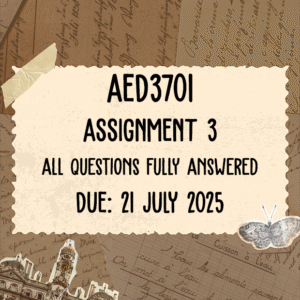

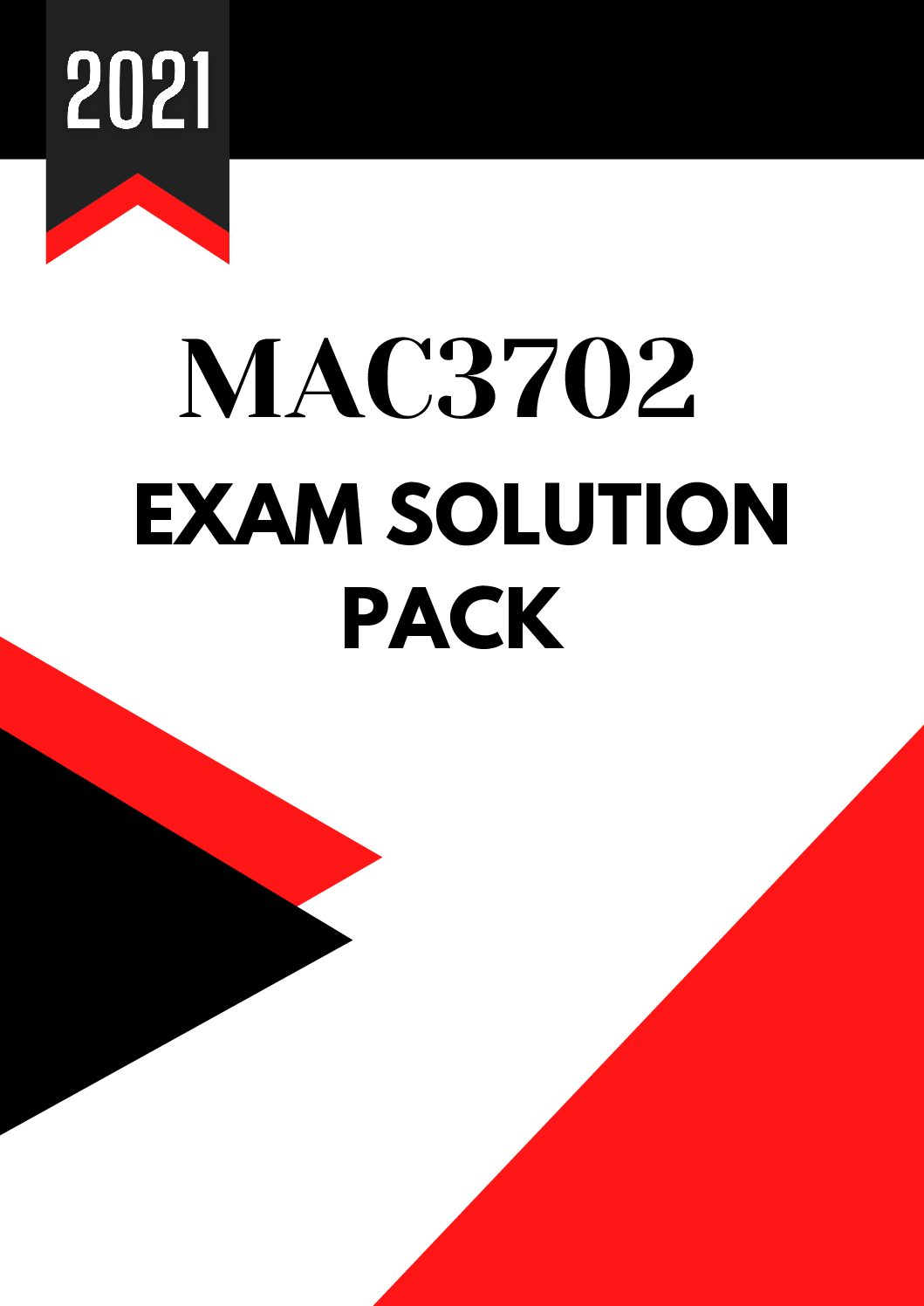















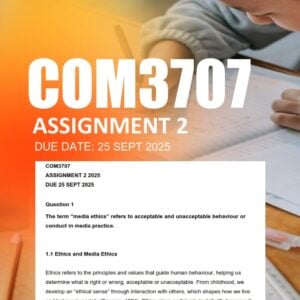





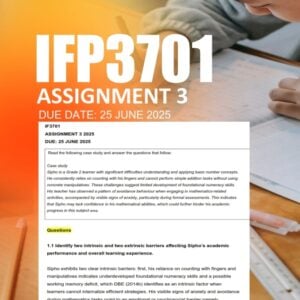


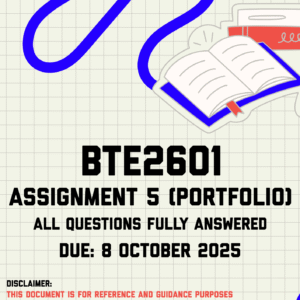





















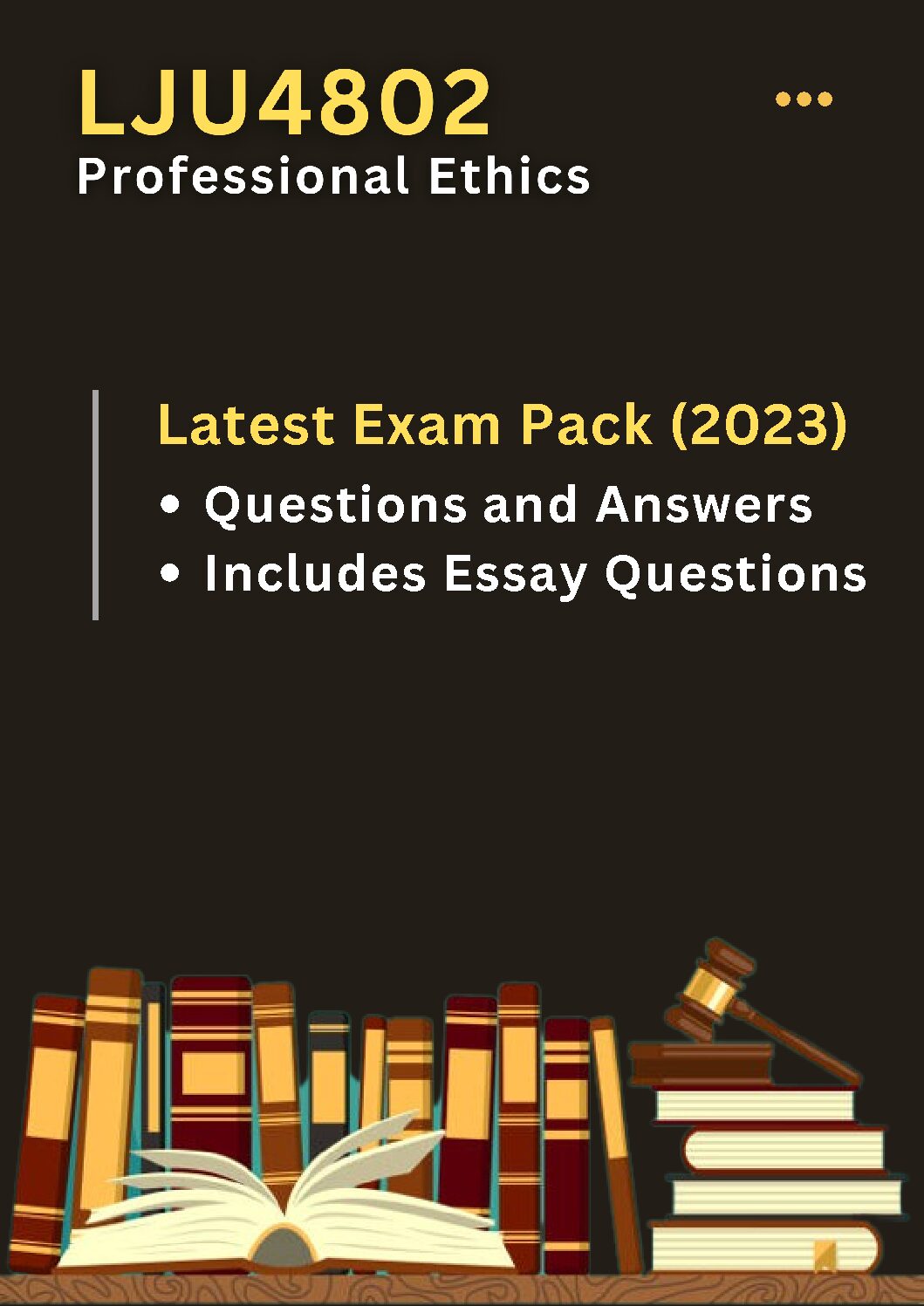






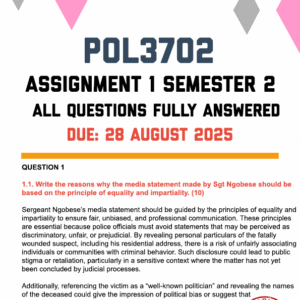
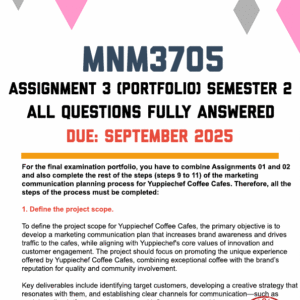




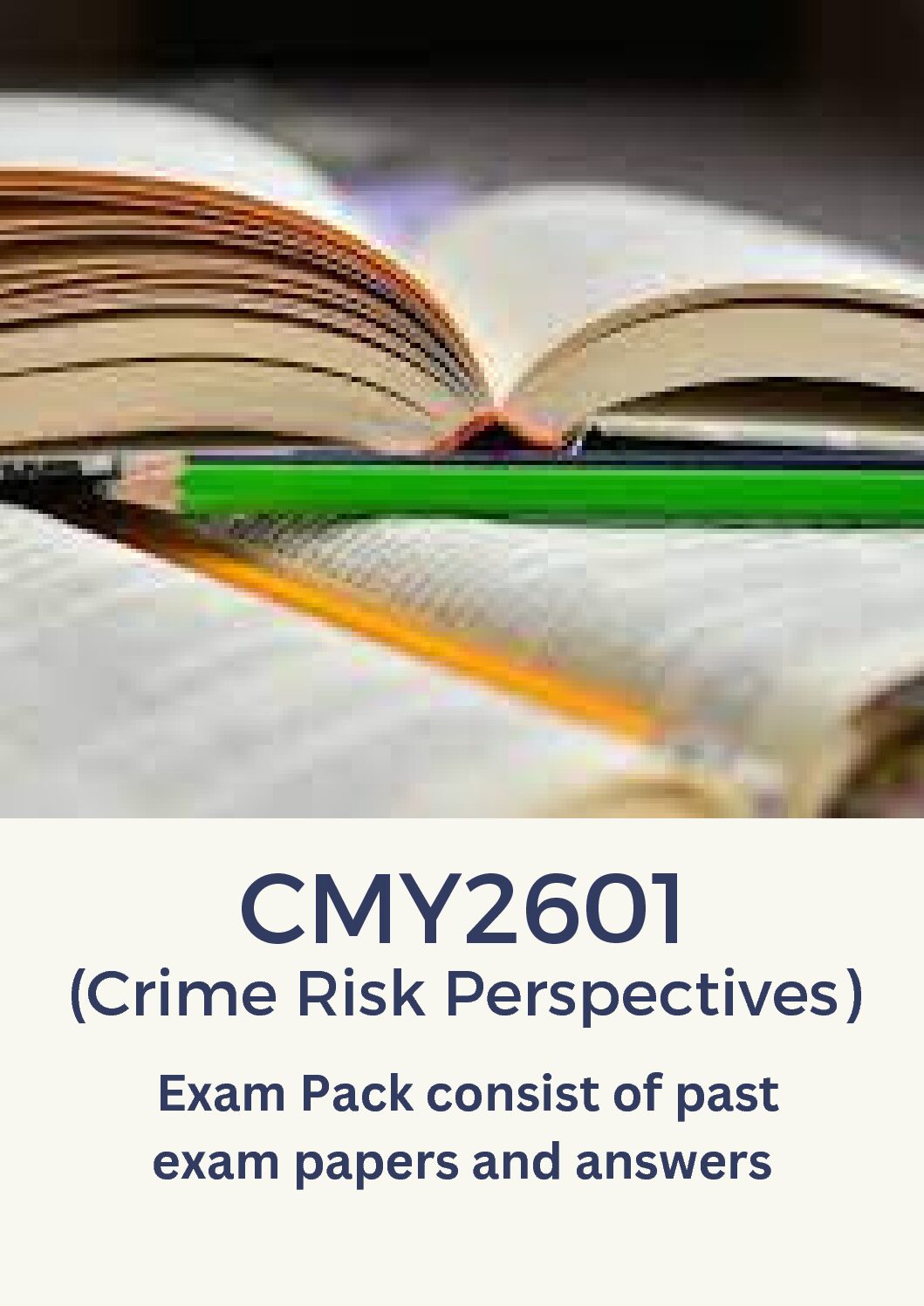

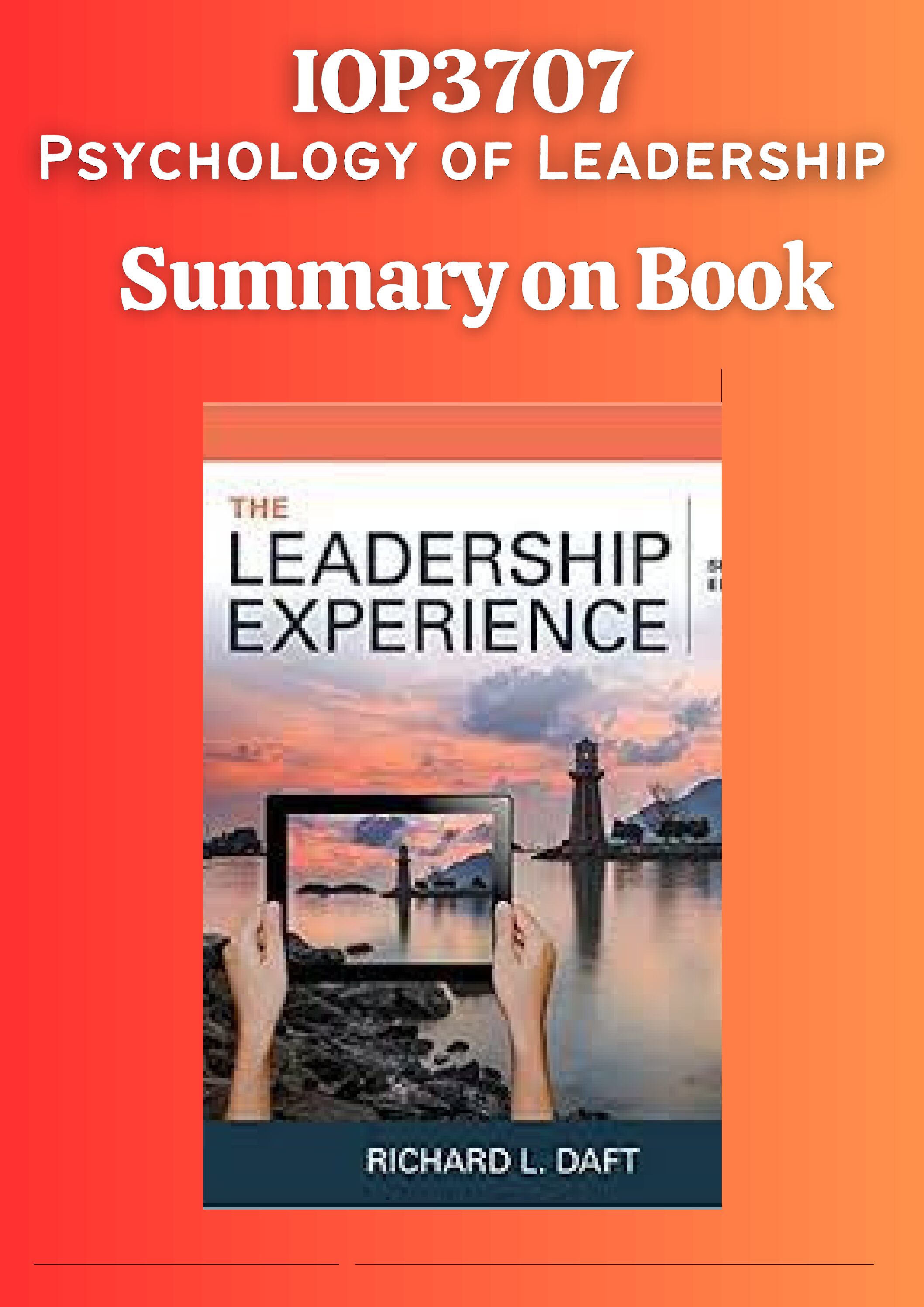






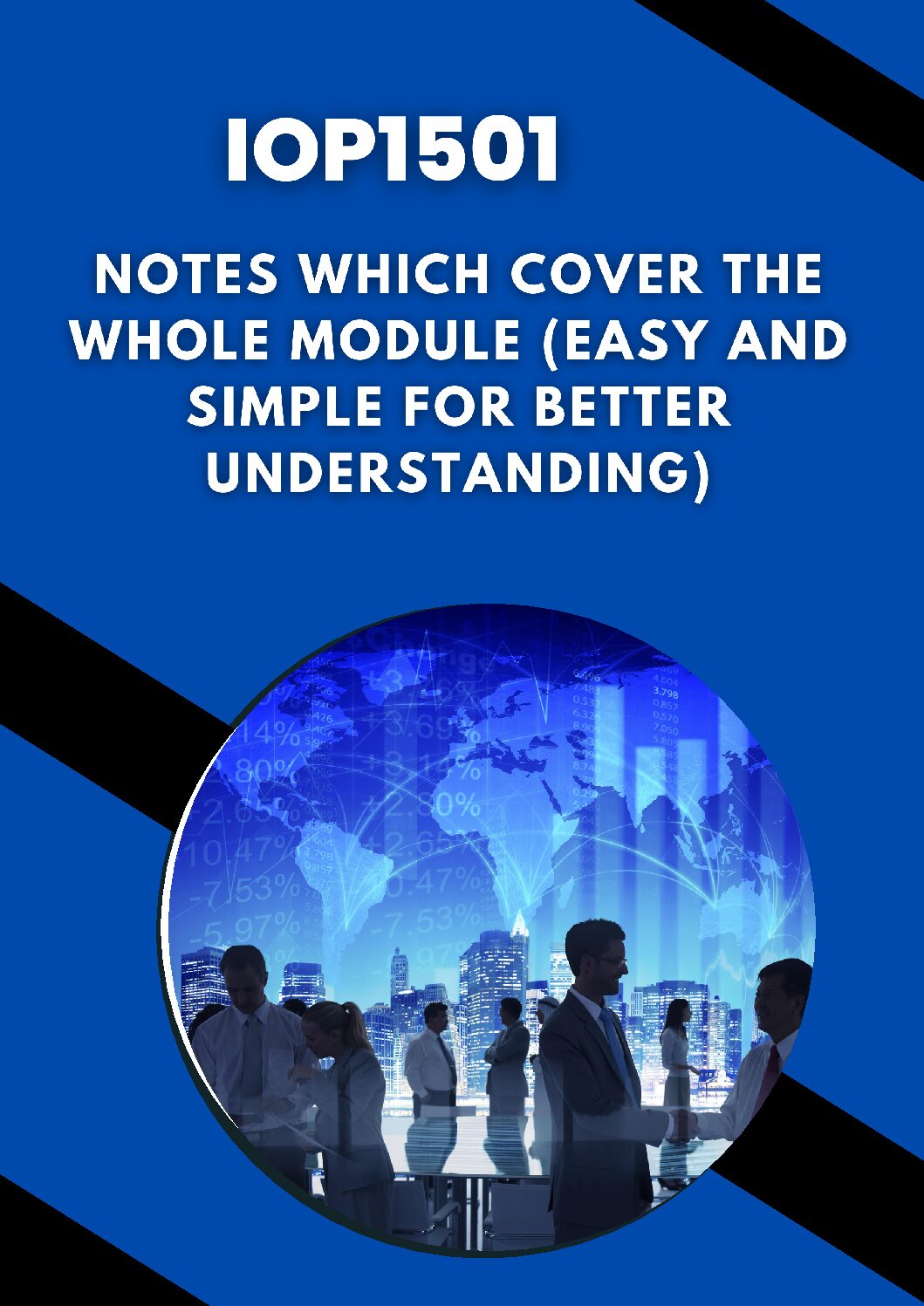





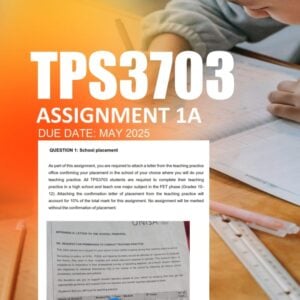





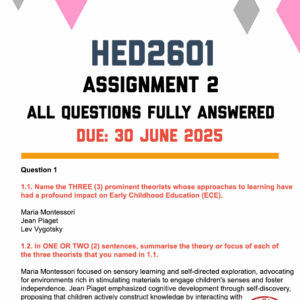

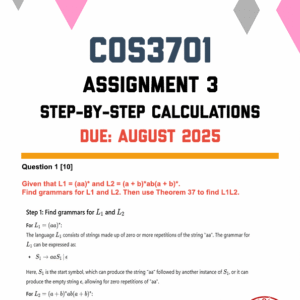




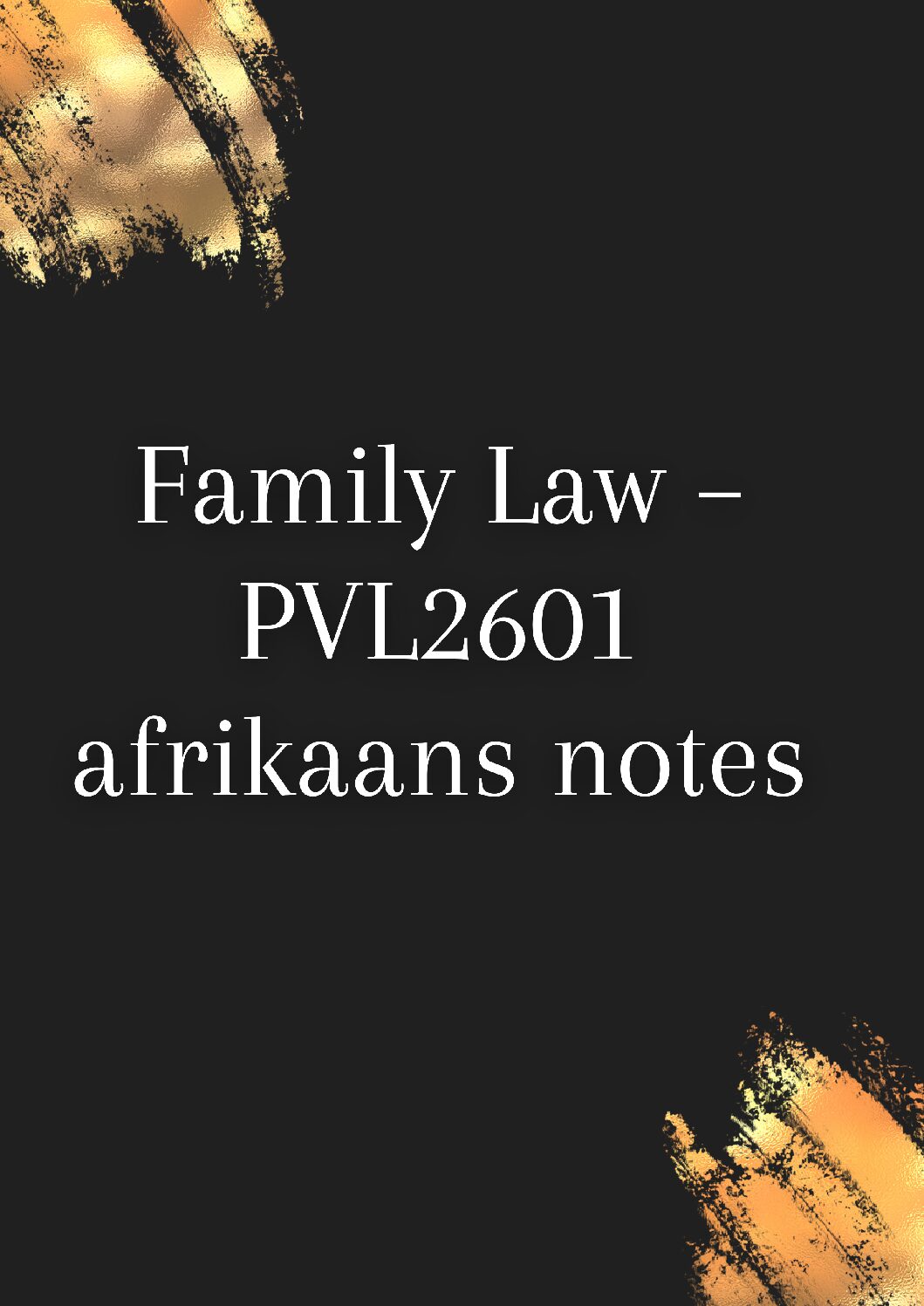
Reviews
There are no reviews yet.